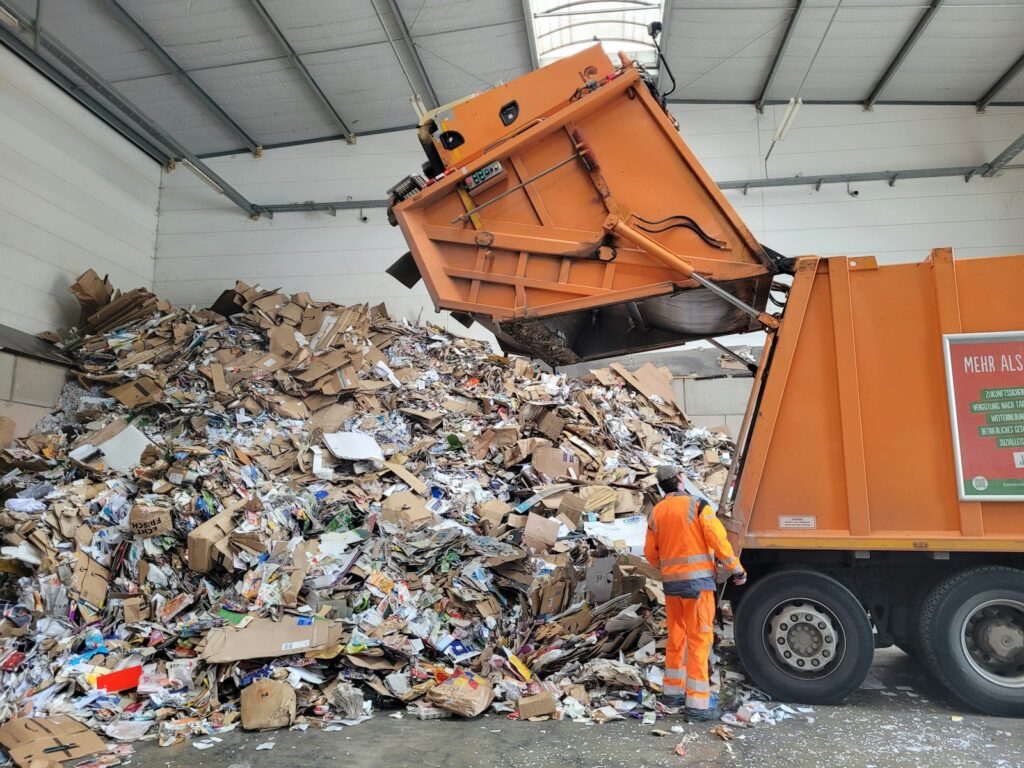A new research paper, A Realistic Path to Net-Zero Emissions for Commercial Aviation has laid bare the overwhelming challenges facing the sector in the decarbonisation era.
Produced by global consultancy Bain & Company, the analysis argues that airlines will only be able to reduce emissions by 70% by 2050. This includes modelling for wider adoption of sustainable aviation fuel (SAF) and optimised operations.
Net zero may be possible if annual growth in the sector is limited to between 0.5% and 1% for the next three decades, although a sharp rise in costs would be inevitable. Based on the document’s estimates, the price rise could be as high as 18% by the halfway point in this century.
Part of this would be driven by SAF remaining stubbornly expensive even after widespread uptake, with predictions suggesting this could still be between two and four times more costly than the historical average of jet fuel. Overall, the industry needing to spend around $2.1trillion to meet goals in this way. Sadly, options such as hydrogen and electric propulsion can only offer a 5% reduction on emissions by 2050.
‘As air traffic continues to grow, airlines are under increasing pressure to reduce emissions in service of their 2050 net zero goals,’ said Jim Harris, co-leader of Bain & Company’s Aerospace, Defense & Government Services practice. ‘Unfortunately, many of the technologies the industry needs to decarbonize are unlikely to be operating at scale by 2050. Leading airlines will develop a strategy to secure an affordable supply of sustainable aviation fuel, mitigate the rise in operating costs, and manage the impacts of declining demand as a result of higher prices.’
One of the key ways in which airlines can reduce emissions is through fuel efficiencies, with a new generation of engines and aircraft frame design helping deliver the vast majority of these gains. Improvements to ground operations could also contribute to this. However, there is little hope of the industry upgrading fleets en masse due to the longstanding business case for getting the full value of investment out of individual aircraft.
More on aviation and the environment:
Image: Olivia Anne Snyder

















